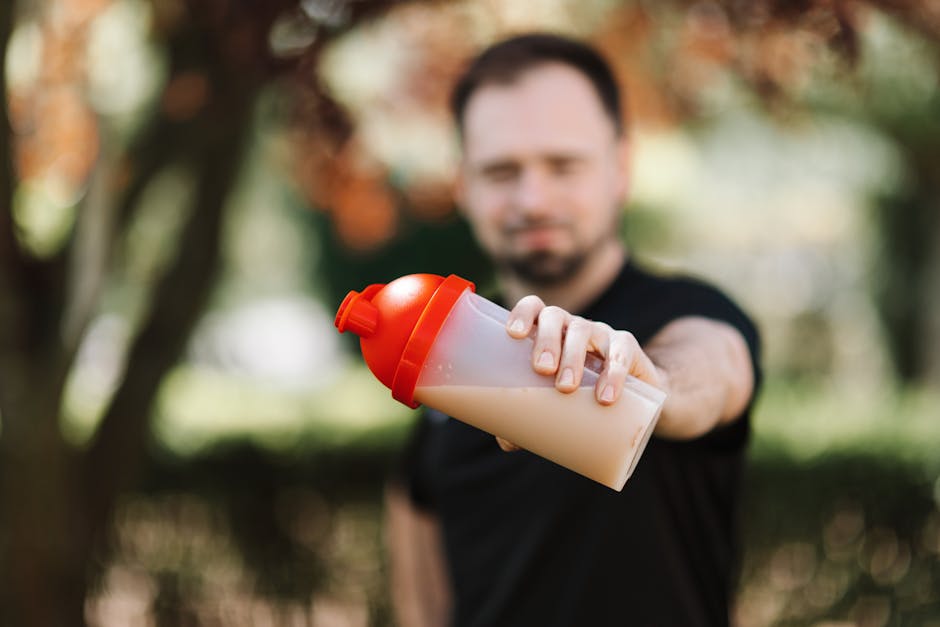Nutrition Tips for Addiction Recovery: A Comprehensive Guide to Healing
Recovery from addiction is a challenging journey that requires a holistic approach to healing. While therapy, support groups, and medication play crucial roles in the recovery process, the significance of nutrition is often overlooked. Proper nutrition can have a profound impact on both physical and mental well-being, making it an essential component of addiction recovery. In this article, we will delve into the world of nutrition tips for addiction recovery, exploring the connection between what we eat and our path to healing.
The Importance of Nutrition in Addiction Recovery

When someone struggles with addiction, their body and mind undergo significant stress and damage. Substance abuse can deplete essential nutrients, weaken the immune system, and disrupt the body’s natural balance. Incorporating a healthy diet rich in vitamins, minerals, and other nutrients can help repair this damage, support overall health, and aid in the recovery process.
1. Balancing Blood Sugar Levels

One of the key aspects of nutrition in addiction recovery is maintaining stable blood sugar levels. Fluctuations in blood sugar can lead to mood swings, cravings, and energy crashes, which can be particularly challenging for individuals in recovery. To stabilize blood sugar levels, it is essential to focus on a diet rich in complex carbohydrates, protein, and healthy fats. Avoiding sugary foods and refined carbohydrates can help prevent spikes and crashes in blood sugar, promoting more stable energy levels and mood.
2. Replenishing Nutrient Deficiencies

Many individuals struggling with addiction have nutrient deficiencies due to poor diet, absorption issues, or the damaging effects of substances on the body. Replenishing these nutrients is crucial for supporting the body’s healing process. Key nutrients for recovery include vitamin B complex, vitamin C, magnesium, zinc, and omega-3 fatty acids. These nutrients play a vital role in reducing inflammation, supporting brain health, and promoting overall well-being.
3. Supporting Mental Health

Proper nutrition is not only essential for physical health but also for mental health. Research has shown that a healthy diet can have a positive impact on mood, cognitive function, and overall mental well-being. In addiction recovery, where mental health challenges are common, eating nutrient-dense foods can help stabilize mood, reduce anxiety and depression, and improve cognitive function. Foods rich in antioxidants, such as fruits, vegetables, and nuts, can help combat oxidative stress and support brain health.
4. Building a Healthy Routine
Establishing a routine around healthy eating can be beneficial for individuals in recovery. Meal planning, preparing nutritious meals, and eating at regular intervals can help create structure and stability, which are important aspects of the recovery process. By prioritizing self-care and making healthy eating a priority, individuals can develop positive habits that support their overall well-being.
5. Hydration and Detoxification
Proper hydration is essential for overall health and well-being, especially in addiction recovery. Water plays a crucial role in detoxification, helping to flush out toxins from the body and support the liver and kidneys in their functions. Staying hydrated can also help reduce cravings, improve mood, and support the body’s natural healing processes. In addition to water, herbal teas, and fresh juices can be hydrating and provide additional nutrients to support recovery.
Common Misconceptions about Nutrition in Addiction Recovery
There are several misconceptions surrounding nutrition in addiction recovery that can hinder progress and healing. One common misconception is that indulging in sugary or processed foods can provide comfort and relief during the recovery process. While these foods may offer temporary pleasure, they can contribute to blood sugar imbalances, cravings, and mood swings, ultimately impeding the recovery process. Another misconception is that nutritional supplements can replace a healthy diet. While supplements can be beneficial in addressing specific nutrient deficiencies, they should not be used as a substitute for a balanced and varied diet.
FAQs about Nutrition in Addiction Recovery
Q: Can nutritional therapy help with cravings and withdrawal symptoms during recovery?
A: Nutritional therapy can play a supportive role in managing cravings and withdrawal symptoms by stabilizing blood sugar levels, replenishing essential nutrients, and supporting overall health. However, it is essential to work with a healthcare professional to develop a personalized nutrition plan tailored to individual needs.
Q: Are there specific foods that should be avoided during addiction recovery?
A: In general, it is advisable to avoid foods high in sugar, refined carbohydrates, and processed ingredients, as these can contribute to blood sugar imbalances, mood swings, and cravings. Instead, focus on whole, nutrient-dense foods such as fruits, vegetables, whole grains, lean proteins, and healthy fats.
To Wrap Things Up
Overall, nutrition plays a crucial role in addiction recovery, supporting physical health, mental well-being, and overall healing. By focusing on a balanced diet rich in essential nutrients, individuals in recovery can support their bodies and minds as they navigate the challenges of recovery. Incorporating healthy eating habits, staying hydrated, and prioritizing self-care can enhance the recovery process and promote long-term well-being. Remember, recovery is a journey, and taking care of your body through proper nutrition is an important step towards a healthier, happier life.




